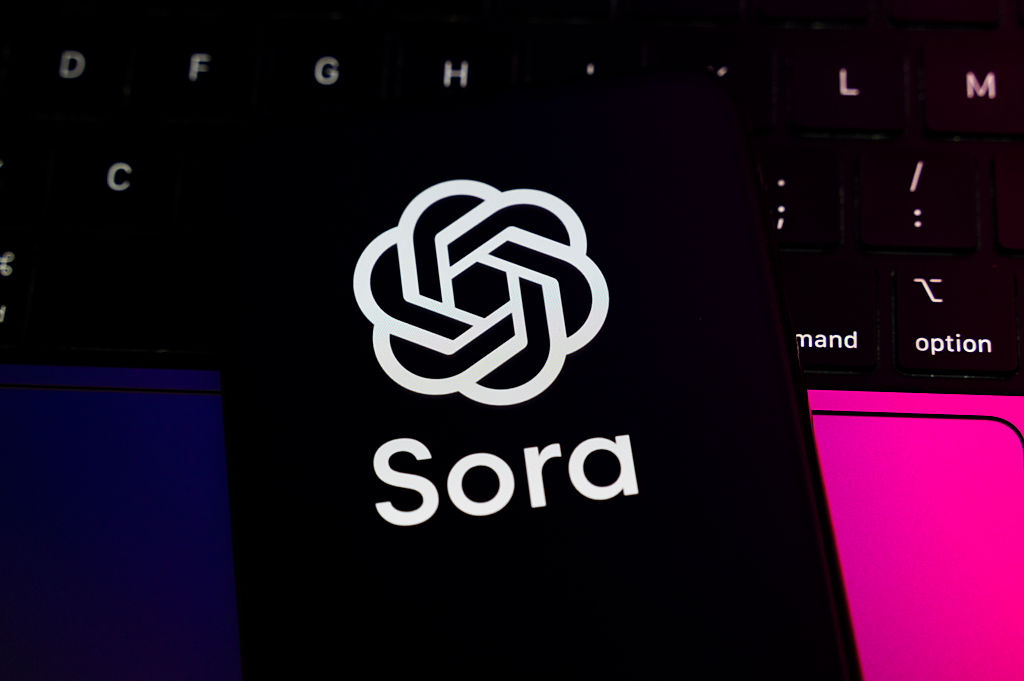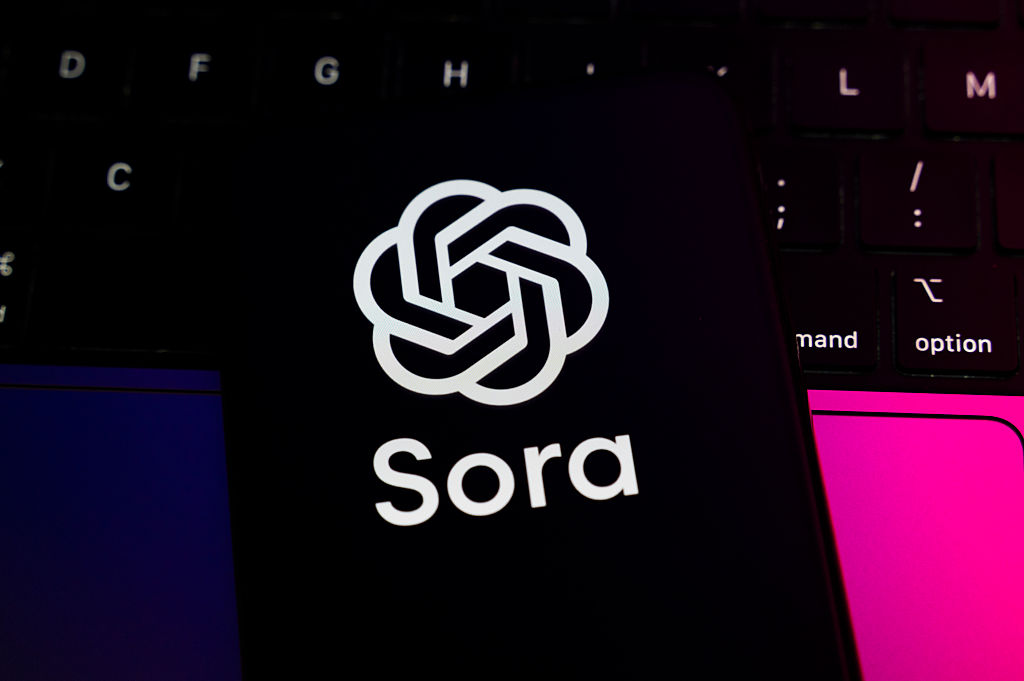Key Points
- OpenAI introduced a deep‑fake feature called “Cameo” on its Sora social app.
- Cameo, the video‑message platform, claims trademark rights to the word “Cameo.”
- U.S. District Judge Eumi K. Lee issued a temporary restraining order blocking OpenAI’s use of the term.
- The order runs from November 21, 2025, to December 22, 2025, with a hearing set for December 19, 2025.
- Cameo CEO Steven Galanis praised the court decision and urged a permanent stop to OpenAI’s use.
- OpenAI disputes the trademark claim, stating it does not own exclusive rights to the word.
- The dispute highlights challenges at the intersection of AI innovation and trademark law.

Legal Challenge Over the “Cameo” Name
OpenAI recently launched the social application Sora, featuring a deep‑fake capability named “Cameo.” The feature allows users to create realistic video representations of themselves or others, provided permission is granted. The rollout of the feature proved contentious, prompting involvement from the estate of Martin Luther King Jr., among other concerns.
In response, Cameo, the established platform that sells personalized video messages from celebrities, asserted that it holds a trademark on the word “Cameo.” The dispute escalated to the federal courts, where U.S. District Judge Eumi K. Lee issued a temporary restraining order. The order explicitly blocks OpenAI from using the term “Cameo” or any similar‑sounding words or phrases in connection with Sora.
The temporary restraining order was issued on November 21, 2025, and is set to expire on December 22, 2025, at 5:00 p.m. A hearing to resolve the matter is scheduled for December 19, 2025, at 11:00 a.m. Despite the order, reports indicate that the Sora app continued to display the “Cameo” language as of the Monday afternoon following the injunction.
Reactions From the Parties Involved
Cameo’s chief executive officer, Steven Galanis, expressed satisfaction with the court’s decision, emphasizing the need to protect consumers from confusion that he claims OpenAI’s use of the term could create. Galanis stated that while the order is temporary, he hopes OpenAI will agree to cease using the mark permanently to avoid further public harm.
OpenAI, for its part, disputes Cameo’s claim to exclusive ownership of the word. The company conveyed its disagreement to CNBC, maintaining that it does not infringe upon any trademark rights by employing the term “Cameo” within its product.
The case underscores the broader tension between emerging AI‑driven technologies and existing intellectual‑property frameworks. As AI applications increasingly borrow terminology from established brands, courts may see more disputes of this nature, potentially shaping how companies name and market new features.
Source: techcrunch.com
